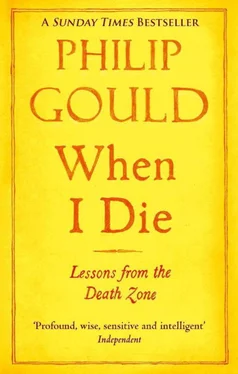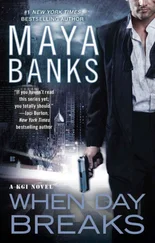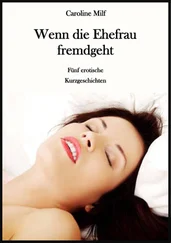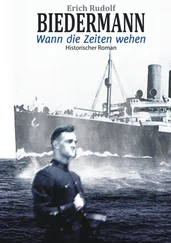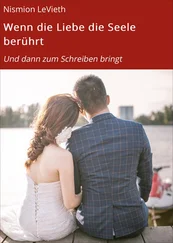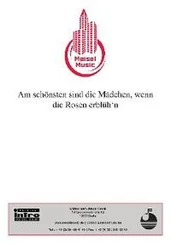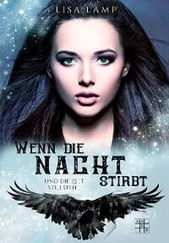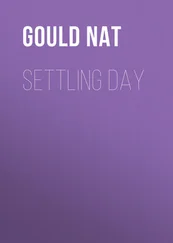Virtually unable to talk, I grunted to Gail the rudiments of my position, and we drove over to the A&E department at University College Hospital (UCH), which was as packed and crowded as on any Saturday evening. I stood in the middle of the room unable to speak or to feel anything much in my face, neck and arms, swaying from side to side like a demented scarecrow. My face, Gail said, looked as if it had calcified, like a rictus.
She was behind a couple of people who had, I am sure, perfectly legitimate illnesses, but now nothing would stop her: ‘He’s having a heart attack and he’s got cancer,’ she shouted, and in a trice I was in a cubicle having an ECG and numerous other tests.
It took them just moments to establish that my symptoms were those of a reaction to one of the anti-sickness drugs. They injected an antidote. Within minutes the paralysis ebbed away and I returned to normal. UCH has been good to me, excellent in every crisis that I’ve faced.
In all of this the wound packing was still going on, with no immediate chance of conclusion. But by then Donna Louise Spencer had arrived. A senior palliative nurse at St Thomas’ Hospital, she was doing some part-time agency work and at that moment she became my saviour.
Getting through cancer needs leadership, and it can come from anywhere: receptionists, friends, doctors. It was Donna who led me through the next two weeks. She told me I was taking too many anti-sickness drugs and they should be rationed.
She was confident that there would be a symptom control consultant at the Marsden. And she found one – Dr Julia Riley, who was brilliant and took control of my anti-nausea treatment, giving me a machine that would continuously pump the appropriate drugs into my arm.
Somehow or other, I scraped through.
The very day after my chemo regimen finished, Gail and I set off by Eurostar from St Pancras railway station – we had been told it would be unwise for me to fly – on a trip that would take us eventually to Venice. We changed trains in Paris and then shared a small and rattly carriage with a couple of tiny bunks that took us through the night. We woke as the train pulled into Venice; the sun was shining, the treatment for my oesophageal cancer was over and I was starting a new life.
This is the best time, but it is also in some ways the worst. One of the things that makes an initial diagnosis bearable is, strangely, the speed with which cancer patients go on to treatment, creating immediately a sense of struggle, purpose and endpoint. The moment the treatment ends, that endpoint vanishes, the supporting structure disappears. You are pretty much on your own.
I remember exactly my conflicting feelings: joy that the chemotherapy and surgery were over but also fear of what the future might hold. I felt I was in a very small boat, floating in a very large sea.
Of course there is help available to prepare you for this – the Marsden has a small unit dedicated to it – but you still feel very alone.
At the core of my fear was the possibility that the disease would recur. With my cancer the risk of recurrence is not evenly distributed but is heavily concentrated in the first two years, peaking at about a year. If you can get to two years you should make five; if you can make five you are considered cured.
I have lost count of the number of times doctors have drawn this graphically for me, shown me a huge peak of risk in the coming year or so, tapering off with remarkable speed to safety after two years. So the goal is to reach the end of those two years without recurrence. It does not sound long. But it feels like an eternity.
Just before the treatment ended I saw David Cunningham and we discussed the way forward. Basically, he told me, I could walk out of the door and restart my life, but I would have to have regular CT scans to assess my progress and to see if the cancer had returned. The first scan would be in September, the next in December and then they would be done at regular six-monthly intervals.
The scans are not troubling in themselves. What is distressing is the delivery of the test results. It is like receiving an opinion poll on the future of your life.
There is no easy way to do it. Gail and I would inevitably arrive early and wait to see David, struggling to hide our anxiety. Absolutely the worst part is the moment of entry into the waiting room. You greet the people there, at the same time examining their faces and body language for hints of their likely prognosis. It all happens so fast, and with a faint sense of unreality, as though in a dream.
If the news is good you will usually be told instantly that all is well. Conversely if doctors have bad news for you, they invariably start with some earnest chatter about your condition, move on to some spurious evidence of something that has gone well, then announce a huge ‘but’ that swallows the room. Gail learnt to hate nothing so much as the word ‘but’.
The first test in September went well, but that was expected. The second, in December, was also good and I started to relax. David said the next scan was important, and before the next meeting in June we hovered around the door to his office in a state of something approaching panic. But this test, too, was good.
This took us to December 2009 – effectively the two-year test, and self-evidently a crucial scan, the gateway to the real possibility of cure. This time I am afraid I cheated, hovering around David’s office door again and hearing him say that Philip’s tests ‘all look good’.
I did not tell Gail, so fearful had I become of imparting good news that might not be confirmed. We went in and this time David was seriously optimistic, it was as though he had won the lottery. He did not say that I was cured – he did not even imply it – but it was clear he felt I was really on my way.
‘You need not come in again for another year,’ he said, which was clearly a huge vote of confidence. I insisted on the normal six months, because by then I was both cautious and superstitious. But as Gail and I walked into the cold midwinter evening we felt we had done it. We had reached the two-year mark clear of cancer and now statistics were on my side. It was going to be OK.
And so I got on with my life. Almost immediately I flew to the United States for meetings, probably far too quickly for my own good. I had a wonderful holiday in Jamaica at Christmas, healed by the sun, the heat and the breeze. I pitched into work, going to Freud’s most days and quietly keeping going with my politics. I was determined to get back on track.
I did change my routine, if only partially. I took exercise every morning, and meditated every day. I moved from being inchoately spiritual to more emphatically religious. I was confirmed into the Church of England, after a couple of months of classes, and All Saints Margaret Street became a place of sanctuary for me. I even took a course in philosophy at Birkbeck, University of London.
But I continued to work very hard, travelling to the United States on many occasions. My work was satisfying, and much of it fed off my experience of cancer, but by the end of the year I knew I was slipping out of balance.
Our twenty-fifth wedding anniversary would be in 2010 and so we spent Christmas in southern Kerala, India, where we had taken our honeymoon. I meditated twice a day with a local guru, and went often to local, unspoiled ashrams. I began to calm down. It was not to last. The general election was coming up and I was determined to contribute to it. I felt this was the time for people like me to stand up and be counted.
Gail was growing worried. She hated my involvement in politics, believing that it had been the root cause of my cancer. She began to see in me again the lack of energy and the torpor she associated with the original diagnosis. She wrote me a note begging me to slow down, saying, ‘It is so heart-rending to see you destroy yourself like this. Nothing is worth that, nothing. At the centre of it all is politics, which is such a destructive force. It nearly killed you once, please don’t let it kill you again.’
Читать дальше
